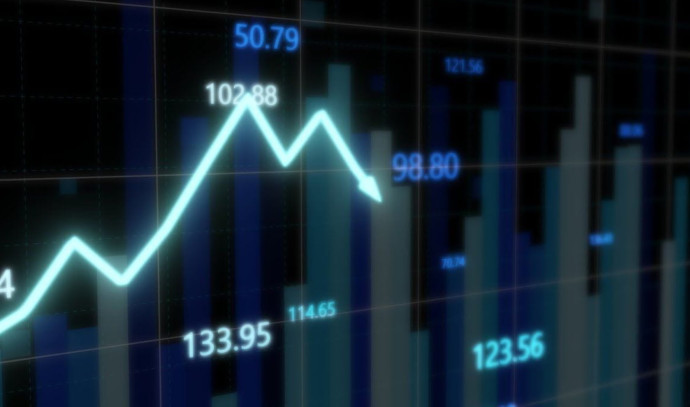|
Getting your Trinity Audio player ready...
|
Private funding for Israeli hi-tech companies reached a five-year low in the first half of 2023, according to a comprehensive analysis released by Start-Up Nation Central. The report, based on data from their information platform Finder, highlights key trends and challenges faced by the local start-up ecosystem.
Private funding dropped to $3.9 in the first half of the year, representing a substantial 29% decrease compared to the second half of 2022 and a level not seen since 2018. Moreover, early-stage funding rounds, particularly those under $20 million, experienced a significant decline after a period of relative stability in 2022.
The analysis acknowledged the uncertainty resulting from Israel’s recent judicial reform efforts. “The ripple effect is already being felt with indicators such as decreased fundraising and fewer emerging Israeli start-ups,” it noted.
Funding is going down
Along with the low private investment numbers, investor participation in investment rounds also plummeted to a 9-year low in the first half of 2023. Activity decreased by 53% compared to the same period in 2022 and 24% compared to the first half of 2022. In a notable shift, foreign investors have taken the lead, directing more deals than their Israeli counterparts for the first time in a decade. These international financiers have initiated 70% more investment rounds and 17% more new investments, providing stability during uncertain times.
The market for initial public offerings (IPOs) in Israel reached its lowest point since 2018, and mergers and acquisitions (M&As) activity also hit one of the lowest rates in the past decade.
“The uncertainty and internal changes in Israel together with global economic changes are prominently expressed in the activity of the Israeli ecosystem and reflect a significant slowing down and an ebb in activity. This sharp drop stands in opposition to the stable trends in funding and venture capital seen in the US,” said Yariv Lotan, Start-Up Nation Central’s VP of Digital Products, Development, Data, and BI.
A lot of downward trends
The report covered the six most significant sectors of the Israeli ecosystem: cybersecurity, fintech, enterprise IT & data, climate, health, and agriculture-food tech.
In the fintech sector, Israel experienced a more than 50% drop in total investments from 2020 to 2022, from $6b to $2.6b. In the first half of 2023, only $545 million was invested in Fintech. Despite this decline, certain companies managed to succeed by partnering with large strategic partners and leveraging Generative AI, a field with high growth potential.
In the cybersecurity sector, private investments stabilized at $1.05 billion in the first half of 2023, suggesting the industry might be balancing out after a consistent downward trend since 2021. Private and public investments remained steady compared to the previous year, but there was a significant drop in the second quarter compared to the first.
The enterprise IT & data sector saw a 66% drop in total private investments from $1.34b. to $450 million, but a rise in early-stage deals was observed in the second quarter of 2023, especially in Generative AI companies.
The health tech sector experienced the lowest total private investments since 2018, with only $504 million invested in the first half of 2023, representing a 75% drop from the second half of 2022. However, public investments in pharma and medical devices sectors surged due to two major funding rounds.
In contrast to most other sectors, climate tech witnessed a rise in both public and private funding (from $700m. in the second half of 2022 to $600m. in 2023), indicating resilience despite market and economic conditions. The urgency for climate solutions and the expectation of increased regulation and corporate commitments for decarbonization are driving the Israeli tech ecosystem’s creative energy towards this sector.
On the other hand, the agriculture-food tech sector faced challenges, with deals dropping to $200 million compared to $600 million in the same period the previous year. Food tech startups encountered obstacles in scaling up production, while investors hesitated to cover manufacturing scale-up costs. However, agri-tech investments in later stages remained stable, and investment in the second quarter of 2023 doubled compared to the first quarter.
“Throughout these reports, we examined the situation on a sector-by-sector basis to highlight the changes in each sector,” said Lotan. “We will continue to examine the local and global influences and present a comprehensive situation assessment regarding everything happening in Israeli tech.”



